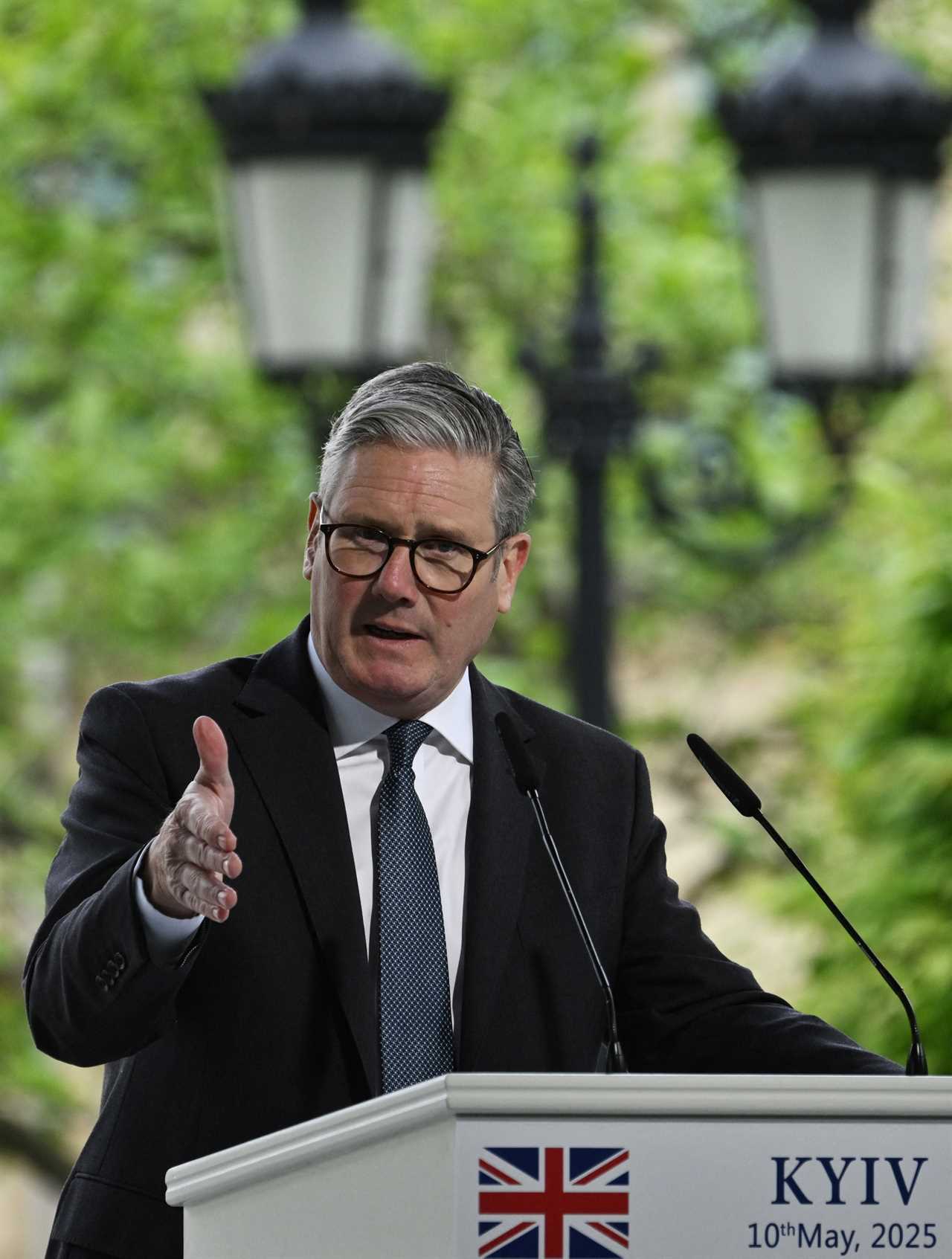
In a significant move towards immigration reform, Sir Keir Starmer unveils a comprehensive plan that aims to address the complexities of migration while prioritizing control and fairness. Against a backdrop of global migration challenges and local political pressures, the proposed changes signal a nuanced approach to a contentious issue.
Reframing Immigration Control
Starmer's blueprint seeks to tighten immigration controls across various sectors, emphasizing the need for migrants to demonstrate valuable contributions to the economy. By extending the residency requirement for settlement and imposing stricter English language tests, the proposed reforms aim to redefine settlement as a earned privilege rather than an automatic right.
"If you break British law, you give up your right to be here." - Prime Minister
This measured response acknowledges the need for a system that balances control and fairness, challenging the narrative that migration is an unqualified positive for the economy.

The Shift Towards Selectivity
By emphasizing integration and language proficiency, Starmer's plan reflects a broader societal shift towards a more selective approach to immigration policy. The focus on toughening rules for family members of overseas workers and banning certain types of foreign care workers underscores a move towards a more controlled and discerning immigration system.
"We will create a system that is controlled, selective, and fair." - Prime Minister
These changes signal a departure from traditional economic arguments in favor of migration, highlighting a renewed emphasis on social cohesion and local labor market dynamics.
Challenges and Criticisms
While the proposed reforms address some key issues in immigration policy, criticisms remain. Calls for a binding cap on yearly arrivals and concerns over the effectiveness of the plan suggest that the path to a more balanced immigration system is fraught with challenges.

"The idea that Starmer is tough on immigration is a joke." - Tory Shadow Home Secretary
As political tensions around immigration continue to simmer, the need for a comprehensive and effective strategy remains paramount in navigating the complex terrain of migration governance.
Overall, Starmer's immigration reforms signal a shift towards a more nuanced and balanced approach to migration control and fairness. By engaging with the complexities of immigration policy, the proposed changes aim to address key challenges while acknowledging the broader social and economic contexts that shape migration dynamics.






